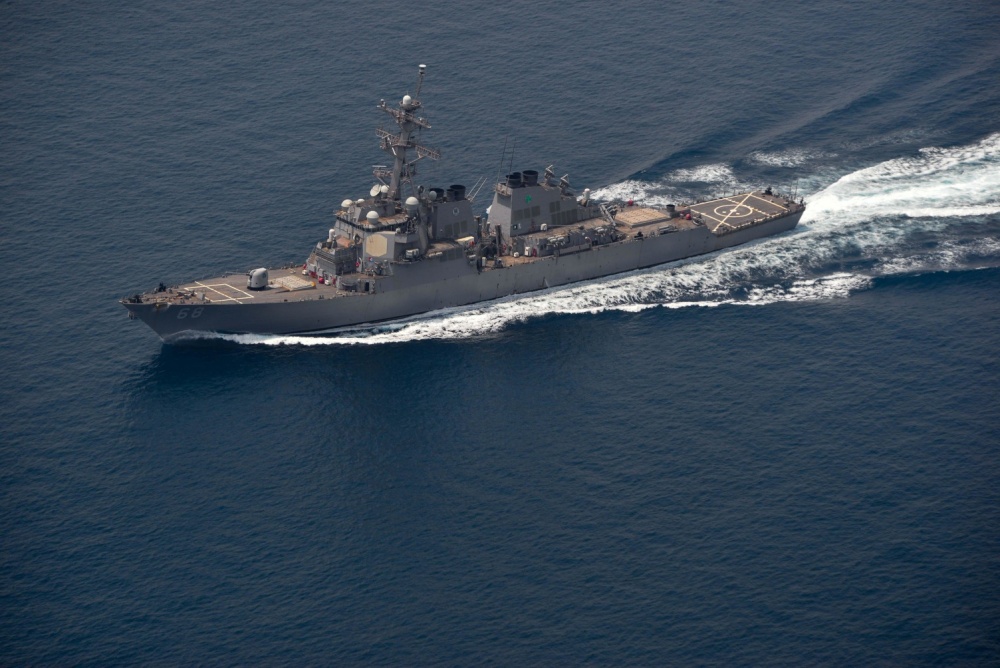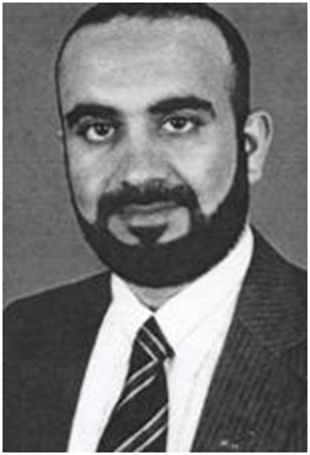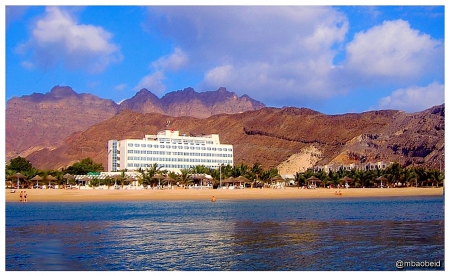Mohammed Atta and Ziad Jarrah (the pilots who flew the 9/11 planes into the North Tower of the World Trade Center and crashed near Shanksville, Pennsylvania) both fly internationally on the same day (but separately), Atta leaving the United States for the first time since he arrived in June 2000.
Though Khalid Sheikh Mohammed discouraged external travel except for operational purposes, the two were so confident of their operational security that they both left the country soon after receiving their commercial pilot’s licenses.
Atta had overstayed his tourist visa by one month. He flew from Tampa to Madrid, returning on January 10, again gaining entry into the U.S.
Jarrah was already in Lebanon visiting his family. He flew Olympic Airlines from Beirut to Athens; and then from Athens to Dusseldorf, Germany. There he was met by Aysel Senguen, his common law wife, and the two flew from Dusseldorf to Newark, New Jersey, continuing on to Tampa. Senguen, a German national, left the United States on January 15, returning to Germany.



